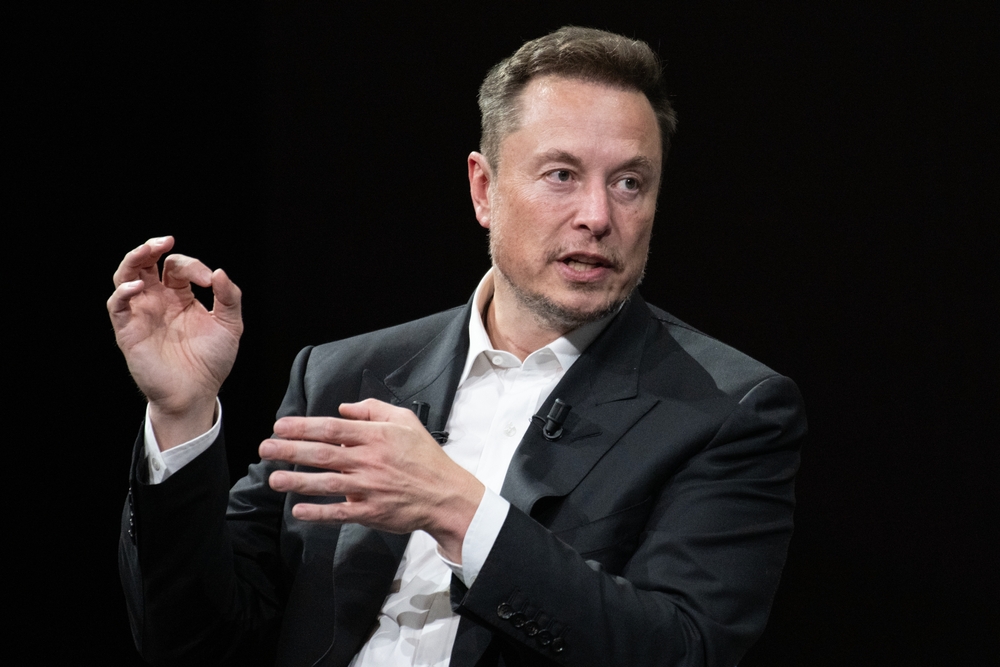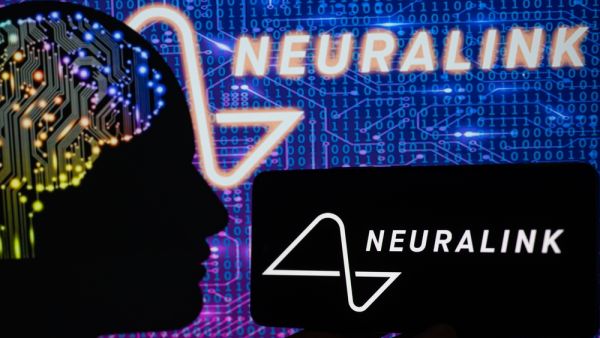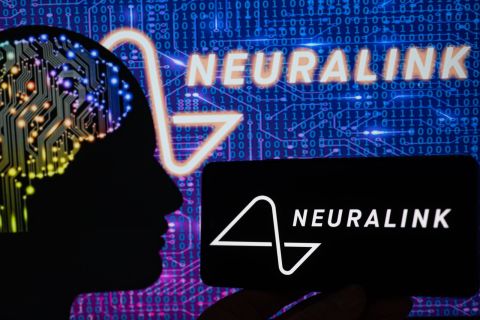ALBAWABA – Multiple news outlets reported Wednesday and Thursday that Elon Musk’s Neuralink is looking for the first of many volunteers for the controversial brain implant operation.
According to the controversial tabloid New York Post, the volunteer will have a piece of their skull removed so that a robotic surgeon can insert the implant in their brain.
Should it be true, this would be the start of ground-breaking clinical trials for technology that would change the way we view and interact with the world.
Both India Times and Mint echoed the news, but so far no official sources have come forward to confirm whether or not the company is actually moving forward with clinical trials.
Nonetheless, rumor has it the volunteer will have to be a quadriplegic individual under the age of 40 to participate in the experiment.

Elon Musk's Neuralink is leading the field with tech that could change the world - Shutterstock
The brain implant, featuring 1,000 electrodes, is designed to enable the recipient to perform computer functions using their thoughts through a unique "think-and-click" mechanism.
Musk’s Neuralink brain implant technology has the potential to restore autonomy to individuals suffering from debilitating neurological conditions, such as paralysis due to cervical spinal cord injury or amyotrophic lateral sclerosis.
“The last two years have been all about focus on building a human-ready product,” Neuralink co-founder DJ Seo told Bloomberg News earlier.
“It’s time to help an actual human being,” he said.
As for the volunteers, it is unclear if Musk’s Neuralink plans to pay them.
The Post has sought comment from the company, but to no avail.
Those with paralysis due to cervical spinal cord injury or amyotrophic lateral sclerosis may qualify for the study, but the company did not reveal how many participants would be enrolled in the trial, which will take about six years to complete.









